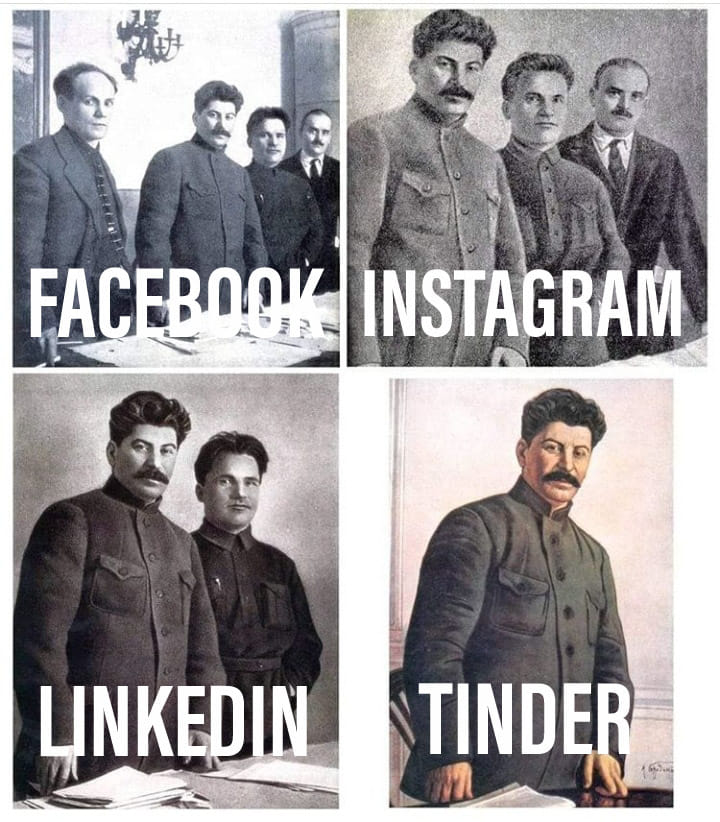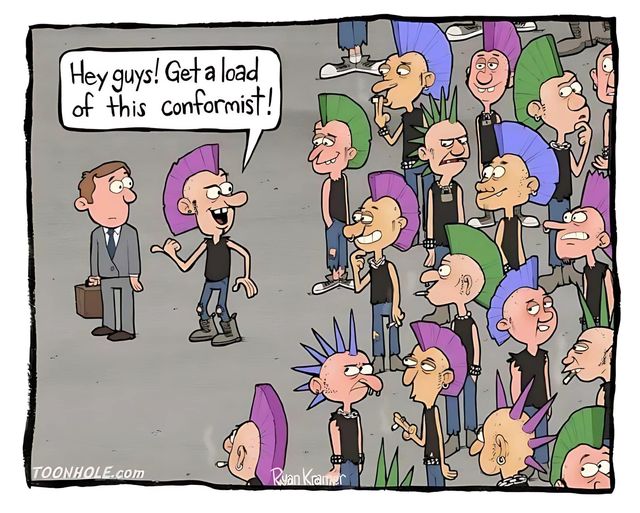Here’s a small but powerful challenge for #openweb builders – and a perfect #DIY project if you’re fed up with the current #geekproblem. I’ve been trying to find #Fediverse instances that actually cover my town, Oxford, UK, so I can help promote and grow them locally. You’d think this would be simple, right? But… nope.
Tried the standard “instance pickers”? Dead ends. Tried generic web searches? Useless #SEO sludge. Tried maps like this one, a good start https://umap.openstreetmap.fr/en/map/fediverse-near-me_828094#7/52.076/-1.714, but nothing covering Oxford.
Why is this happening? Because our current tools focus only on technical facts (server specs, software used, uptime, etc.) and ignore the uncontrolled (dangerous) metadata that actually makes discovery meaningful:
- What’s the instance for?
- Who does it serve?
- What community does it represent?
- Where is it rooted geographically or socially?
This is the #geekproblem in action: great code, but no way to find things people actually want to use. What’s the fix? Someone (maybe you?) could create a community-focused discovery tool that:
- Encourages instance admins to tag with location, community, topics, etc.
- Provides search/filter UI that works for real people, not sysadmins
- Uses the Fediverse’s open standards (#ActivityPub + #microformats) to pull this info in
- Maybe even integrates with OpenStreetMap or a simple opt-in geo-tagged registry
- Outputs something friendly – like “Find your Fediverse community in your town”
This is not a hard project, it’s a weekend hack for someone who cares, but it has real social value as it helps bridge infrastructure to lived communities. That’s the core of the #openweb reboot.
So for people who can’t see why this matter. If we want the Fediverse to grow beyond techies and Twitter refugees, we need to help people find their people. Local discovery is key. Place-based communities are still powerful, especially when rebuilding trust, mutual aid, and shared media in a collapsing world.
So, want a simple mission? Build a tool that helps people find #Fediverse instances by town, city, or region. Start with Oxford, but make it global. Make it open. Make it federated. And when you do? I’ll be the first to push it out.
#Fediverse #OMN #openweb #4opens #FediverseDiscovery #programmingchallenge #Geekproblem #MutualAid #CodeForGood #FOSS #localweb #trustnotcontrol #KISS
Update: my suggestion of path, a simple UX:
A few dropdowns over the map,
- Region (countries are regions, anti-nationalistic)
- City/area (a county or city)
- local (village, area in city)
- Them maybe latter hyper local (but not for now)
Then we have subject – it would be normal to have a multi subject hashtag map, that updates on each click – adding the clicks to a list on the side – with “new button” to jump back to start.
Then you have advanced for the normal tech stuff… which currently is the front end on most pickers. This would also be displayed on the info box for each instance on the map, so still central, just not AT THE FRONT.
UPDATE: can just pull all the existing data out of the current sites like https://instances.social/list#lang=en&allowed=&prohibited=&min-users=&max-users= as these are all #4opens. So the projected site could be up and running with full data in little time. Yes, you would have to ask people to tag their installs to geolocate their instances. This could be done a hard way or a simple #KISS way like any admin in the instance adding a #hashtag with a geolocation hashtag after it. Then periodically go through the instance list and spider all admins on each instance if you find the hashtag – add the next hashtag as a geolocation or something as simple as this.
Ideas in comments, please.
UPDATE: this is this one https://fediverse.observer/map works better still nothing in Oxford – it seems to be pretty random with little relevance to subject and area, is it by IP address, that would be #geekproblem




